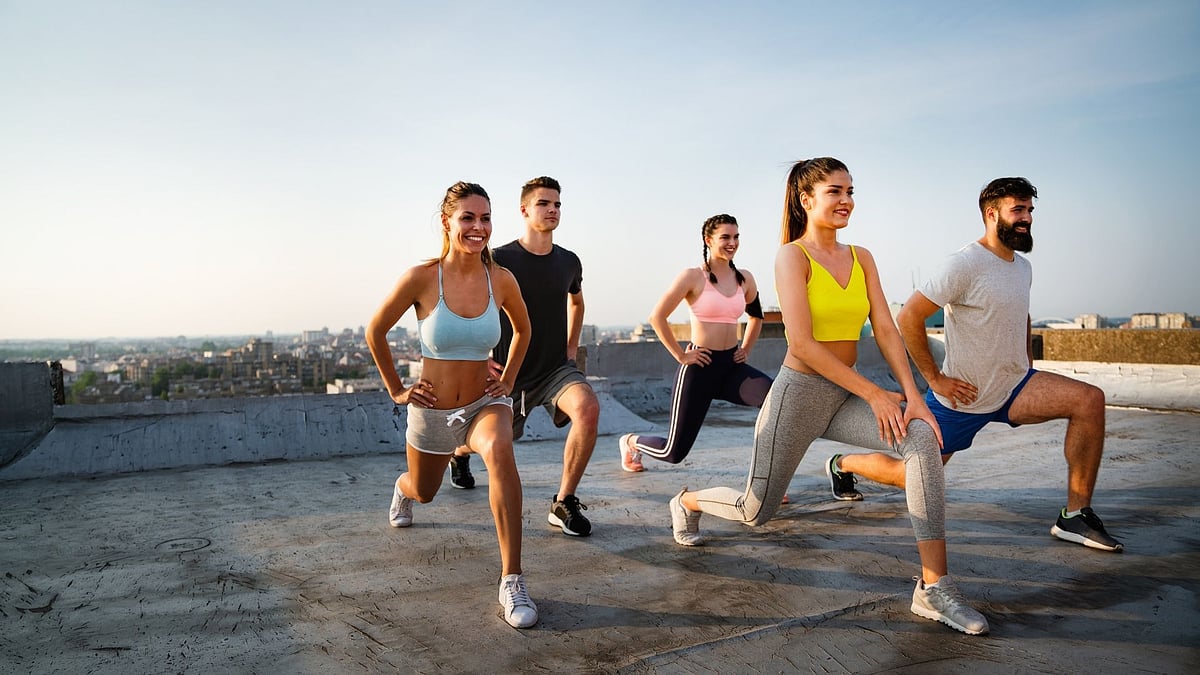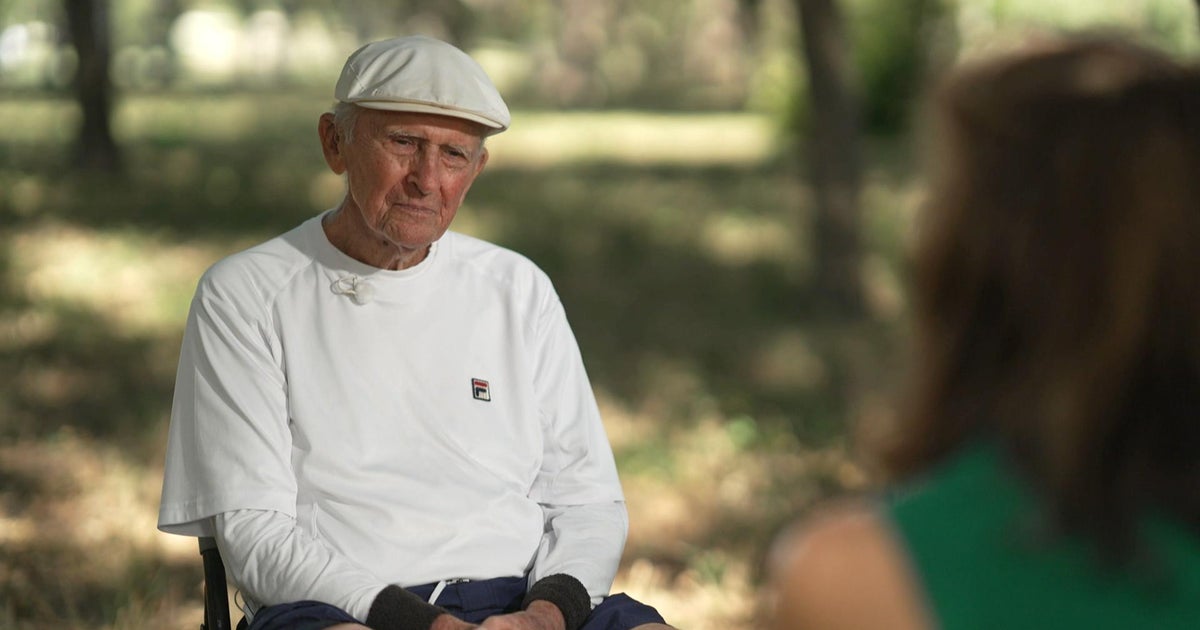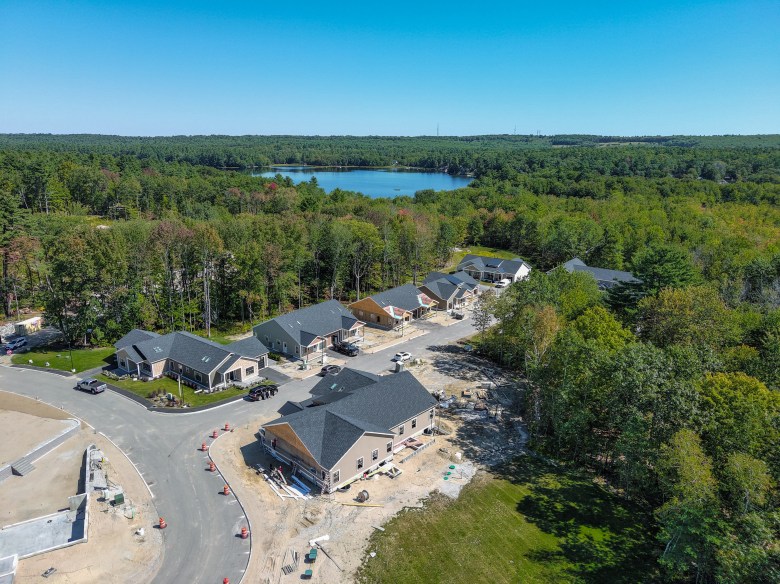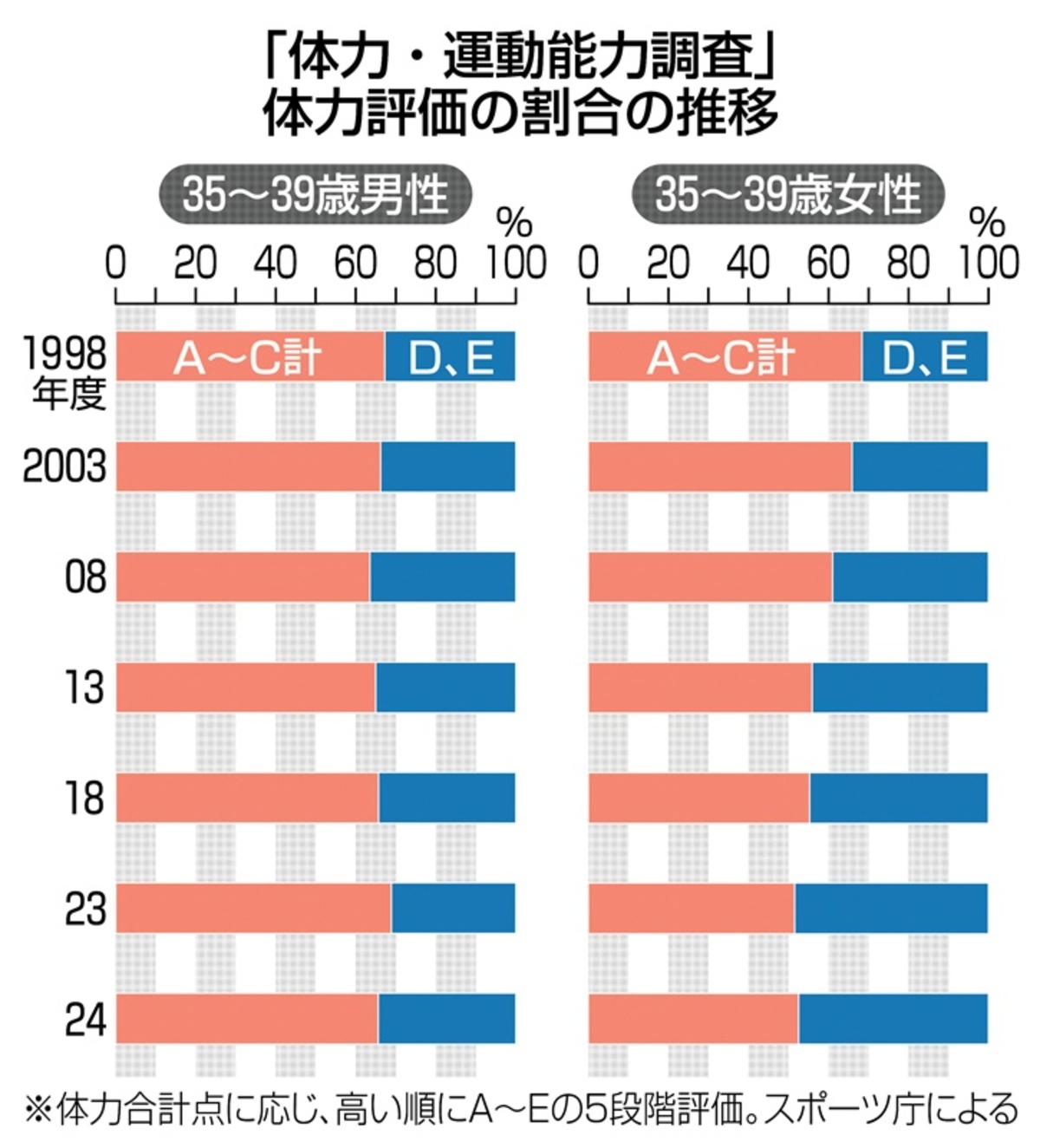What if I told you that you could be 35 on paper but 50 on the inside—or, better yet, 60 but living with the energy of someone half your age? Welcome to the quirky, slightly humbling world of fitness age.
### What Is Fitness Age?
Fitness age isn’t about birthdays or wrinkles. It’s about how your body is holding up behind the scenes. The idea was first tested at the Jebsen Centre of Exercise in Medicine at the Norwegian University of Science and Technology (NTNU). Researchers there asked thousands of people to run on treadmills, measured their heart rates, checked their oxygen capacity, and basically figured out how ‘young’ or ‘old’ their bodies were behaving.
From these studies, the concept of fitness age was born. Soon, a fitness calculator was developed, allowing people everywhere to plug in a few numbers and find out if their bodies were younger or sneakily older than their actual chronological age. Sounds fun, right? Until, of course, you realize your watch thinks you’re ten years older than you are.
### Age Your Body Thinks You Are
Fitness age is like a friendly truth-teller. It reflects not just how fit you look in the mirror but how your heart, lungs, and muscles are actually performing. A younger fitness age usually means a lower risk of conditions like heart disease or diabetes. An older fitness age might be your body waving a little red flag, telling you to move more, eat better, or take stress seriously.
“Fitness age is usually calculated through markers like VO₂ max, muscle strength, resting heart rate, and recovery capacity. These are stronger predictors of longevity than weight or BMI,” says Madhavi Shilpi, metabolic health coach and nutritionist. She adds that while labs can measure these markers directly, most of us rely on wearables or online calculators.
“The numbers may not be perfect, but they give a useful starting point to measure progress.”
In other words, don’t obsess about the exact number—treat it like a guidepost, not a life sentence.
### Can You Trust Your Smartwatch?
These days, every fitness tracker claims it can tell you your fitness age. And while they’re handy for motivation, they aren’t exactly crystal balls. Most apps use estimates based on your resting heart rate, daily steps, or workout intensity. They’ll get you in the ballpark but won’t match up to lab tests.
“Lab-based tests, like cardiopulmonary exercise testing, blood work, and body composition scans, provide a far more precise picture. That said, for most people, apps are a helpful starting point,” says Dr. Prathana Shah, Integrative Health Coach and Founder of Buova.
“What matters most is consistency in using them to track progress rather than the exact number.”
So if your tracker says your fitness age is higher than you’d like, don’t panic—just see it as encouragement to tweak your routine.
### Rewinding Your Body Clock
Here’s the best part: unlike birthdays, fitness age is flexible. You can lower it with steady, doable changes—no crash diets or extreme workouts required.
“Small but consistent habits like daily brisk walking or zone 2 cardio, two to three sessions of strength training a week, activities that periodically raise your heart rate into zone 4/5, balanced meals with adequate protein, and quality sleep all help lower your fitness age,” shares Madhavi.
Notice the word *small.* This isn’t about overhauling your entire life in a week. It’s about moving a little more, eating with intention, sleeping well, and letting your body recover.
### Food as an Anti-Aging Secret
Exercise gets most of the attention, but food is just as powerful when it comes to turning back your body clock. What you eat affects your cells, your metabolism, and how much inflammation you carry—big reasons for aging.
Dr. Prathana reveals, “Diet is one of the most powerful levers for reducing fitness age, arguably just as important as exercise. Nutrition directly impacts cellular health, inflammation levels, and metabolic efficiency, all of which determine how young your body functions.”
Fill your plate with whole foods, make sure you’re getting enough protein, choose healthy fats, and cut back on ultra-processed snacks and sugary drinks. Think simple swaps—not drastic diets.
### Little Things Count Too
Here’s a reminder you’ll love: lowering your fitness age isn’t only about workouts and kale. Sleep, hydration, and stress management play huge roles too. Miss out on rest or carry too much stress, and your body will age faster—no matter how many burpees you do. Think of lifestyle as the foundation on which fitness rests.
“Adequate sleep is non-negotiable—it’s when your body repairs, regulates hormones, and builds resilience. Even habits like daily sunlight exposure and social connection contribute to lowering fitness age by improving mood, immunity, and recovery,” says Dr. Prathana.
So yes, catching up with friends, sipping enough water, or getting some morning sunshine are all part of your wellness toolkit.
### The Takeaway
Fitness age is a fun way to check in with your health—and sometimes a wake-up call. While your birth certificate doesn’t change, your daily choices can shift how young or old your body feels.
A few minutes of movement, a balanced plate, solid sleep, and a little less stress go a long way. So, the next time you’re climbing stairs or chasing after your kids, remember: it’s not just about the candles on your cake. It’s about how young you feel from the inside out and the small choices that keep that number lower than your years.
https://www.freepressjournal.in/weekend/you-could-be-40-but-have-the-body-of-60heres-why



